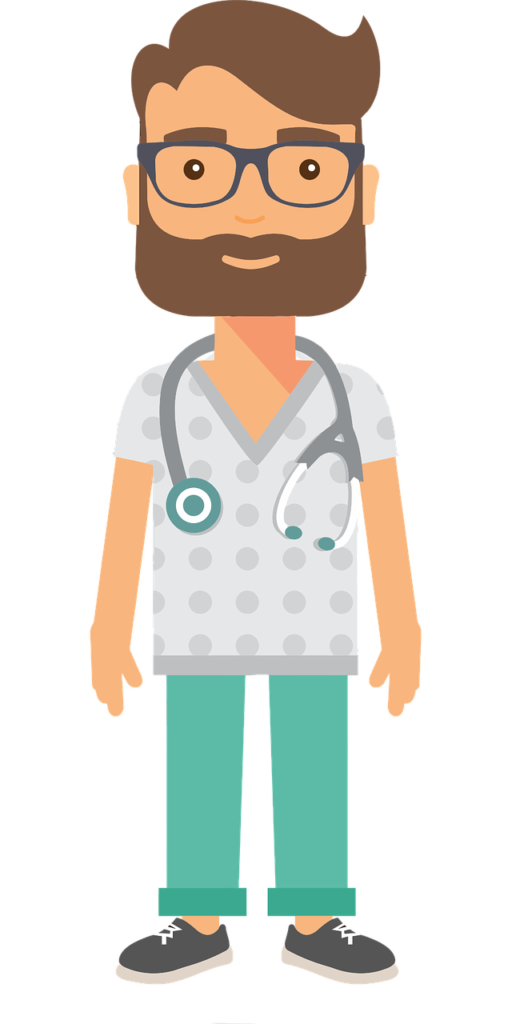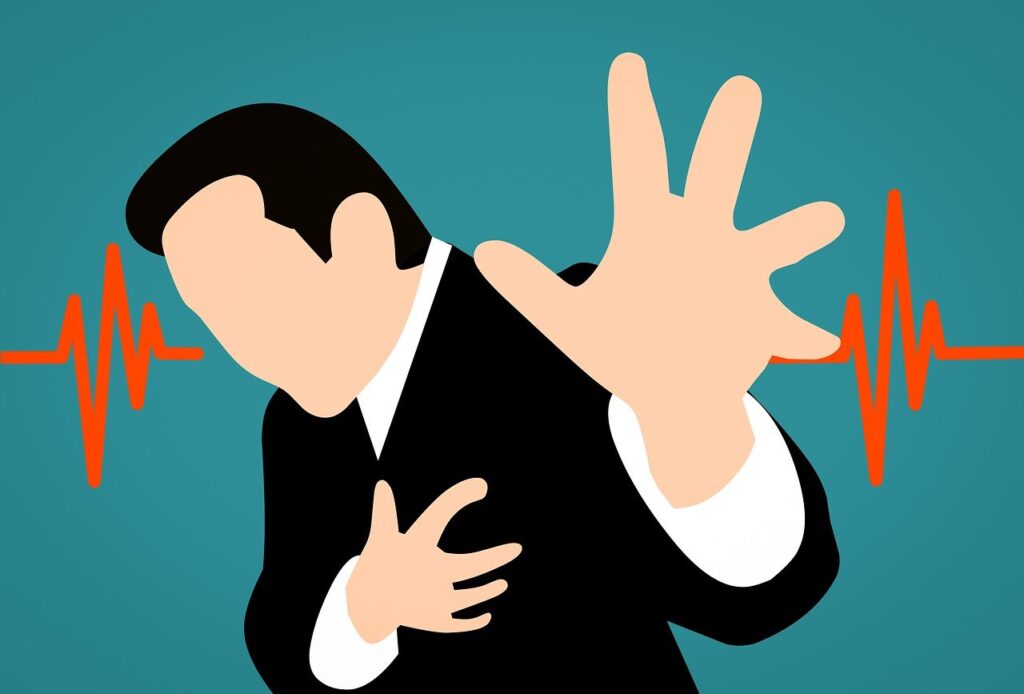You may look forward to unwinding with a drink after a long day; after all, It’s not wrong to have a little fun, but what happens when that relaxation is interrupted by chest pains and shortness of breath? In this piece, I will explore the reasons why you might experience these symptoms after drinking alcohol, what you can do to find relief, and when it’s essential for you to seek professional medical attention.
Is It Normal to Have Chest Pains and Shortness of Breath After Drinking Alcohol?
Experiencing chest pains and shortness of breath after drinking alcohol can be concerning and might indicate underlying issues that need attention. While some individuals might have adverse reactions to alcohol, such as flushing, increased heart rate, or respiratory symptoms, chest pain and shortness of breath should never be considered normal after consuming alcohol.
So what does it mean when your chest feels tight after drinking alcohol?
Several potential reasons could contribute to these symptoms after drinking:
- Alcohol Sensitivity or Allergy: Some individuals might have specific sensitivities or allergic reactions to certain components in alcoholic beverages, leading to adverse physical responses like chest pain or breathing difficulties.
- Heart Issues: Pre-existing heart conditions, such as arrhythmias or cardiomyopathy, might be exacerbated by alcohol consumption, resulting in chest discomfort or breathing problems.
- Gastroesophageal Reflux Disease (GERD): Alcohol can trigger or worsen acid reflux, leading to heartburn or chest pain that might be mistaken for cardiac-related symptoms.
- Respiratory Conditions: Alcohol can affect the respiratory system, potentially causing irritation in the airways or exacerbating underlying conditions like asthma, which might result in shortness of breath.
- Anxiety or Panic Attacks: Alcohol consumption can lower inhibitions and contribute to heightened anxiety or panic attacks, which can manifest as chest pain and difficulty breathing.
- Dehydration: Alcohol is a diuretic, leading to increased urine production and potential dehydration. Dehydration can contribute to symptoms like chest discomfort and shortness of breath.
- Alcohol-Induced Myocardial Irritation: In some cases, excessive alcohol consumption can cause direct irritation to the heart muscle, leading to chest pain or palpitations.
- Alcohol and Medication Interactions: Alcohol can interact with certain medications, such as those used for heart conditions or respiratory issues, potentially intensifying side effects or causing adverse reactions.
- Alcohol Content or Quantity: Higher alcohol content or excessive intake might lead to more severe symptoms. Some individuals might experience adverse effects from even small amounts of alcohol due to specific sensitivities.
- Alcohol-Induced Hypertension: Alcohol consumption can temporarily raise blood pressure, and in individuals prone to hypertension, this might lead to symptoms such as chest pain or difficulty breathing.
- Alcohol-Induced Anxiety: Alcohol can disrupt neurotransmitter balance in the brain, potentially triggering or exacerbating anxiety symptoms. This can manifest as chest tightness, discomfort, or shortness of breath.
- Alcohol Withdrawal: In some cases, individuals with alcohol dependence or a history of heavy drinking might experience withdrawal symptoms, including chest pain or difficulty breathing, when alcohol consumption is reduced or stopped abruptly.
- Alcohol and Respiratory Depression: Excessive alcohol intake can slow down the respiratory system, leading to shallow breathing or respiratory depression in severe cases, contributing to shortness of breath.
- Alcohol-Related Liver or Pancreatic Issues: Chronic alcohol consumption can lead to liver or pancreatic problems. These conditions might cause referred pain to the chest or difficulty breathing due to organ inflammation or dysfunction.
- Acute Alcohol Intoxication: Intoxication from alcohol can lead to impaired judgment and coordination. In severe cases, it might cause symptoms mimicking a heart attack or respiratory distress.
When Should You Seek Medical Attention?

While chest pains and shortness of breath after drinking alcohol can be benign and sometimes not serious, certain situations warrant that you get immediate medical attention. These include:
- Persistent Symptoms: If the chest pain and shortness of breath don’t subside after you’ve stopped drinking, consult a healthcare professional.
- Severe Pain: If the chest pain is severe or feels like a crushing or squeezing sensation, don’t wait; call for help immediately.
- Radiating Pain: If the chest pain radiates to your left arm, neck, or jaw, this could indicate a heart problem and requires prompt medical attention.
- New Symptoms: If you’ve never experienced these symptoms after drinking before, or if they worsen over time, contact a healthcare provider.
- Underlying Health Conditions: If you have an underlying heart condition, it’s vital to be cautious and seek medical advice if you experience any unusual symptoms.
Remedies and Self-Care Measures to chest pains and shortness of breath after drinking alcohol

If you’re looking to alleviate chest pains and shortness of breath after drinking alcohol, try the following:
- Hydration: Drink plenty of water while consuming alcohol to mitigate dehydration.
- Moderation: Consume alcohol in moderation to avoid overindulgence, which can lead to more severe symptoms.
- Avoid Trigger Foods: Identify and avoid foods that may exacerbate your symptoms and contribute to chest discomfort.
- Manage Stress: Practice stress-reduction techniques like deep breathing exercises or meditation to reduce anxiety-related symptoms.
- Over-the-counter Antacids: Over-the-counter antacids can help alleviate heartburn and GERD symptoms.
Kindly Note!
Chest pains and shortness of breath after drinking alcohol are not uncommon, but they should not be taken lightly. While there can be various causes for these symptoms, it’s important to recognize when they might indicate a more serious problem. Prioritize your health, and if you’re concerned about the chest pains and breathing difficulties you experience after drinking, don’t hesitate to consult a healthcare professional. It’s better to be safe than sorry regarding your well-being.
Dive deeper into health topics with www.medicalantidote.com.


